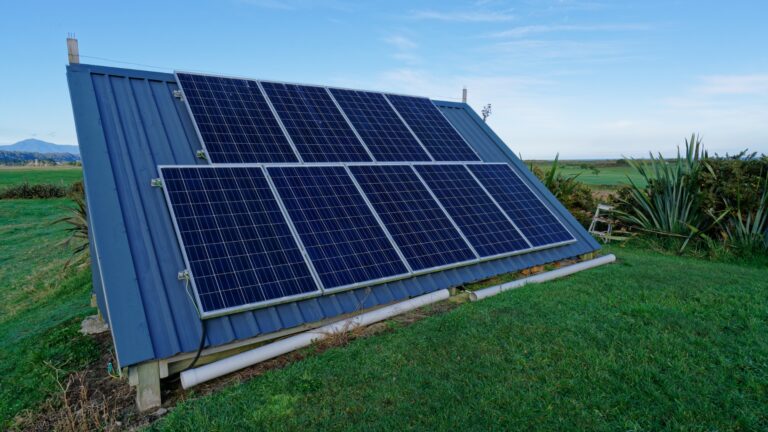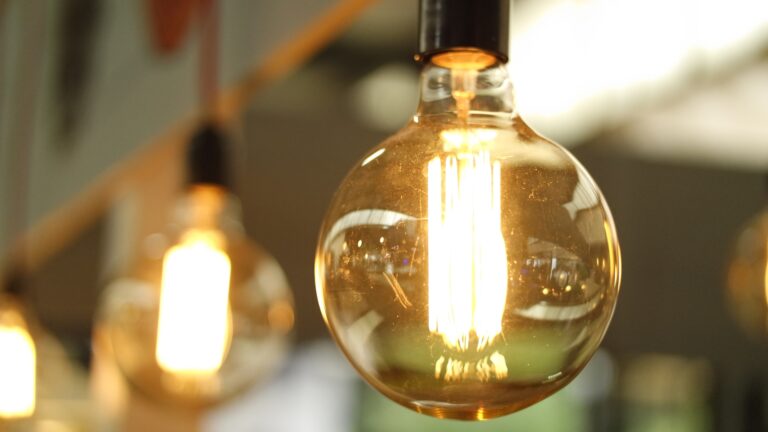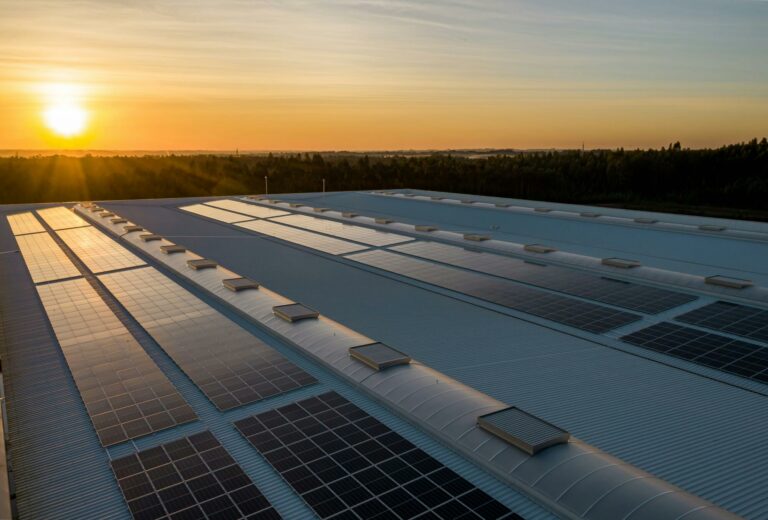Are you looking to save money on energy costs for your commercial property? If so, you might be considering installing solar panels.
That raises the question, however: do you need permits for solar panels, or can you just install them whenever you like? In the vast majority of cases, you do, indeed, need a permit to install solar panels. That said, solar permitting varies based on state and municipality.
We’re going to go into the specifics of permits for solar panel installation, helping you understand your responsibilities prior to starting the job. Let’s begin!
Do You Need Permits for Solar Panels?
In the vast majority of cases, you do need a permit to install solar panels. In some municipalities, you can get by with a simple building permit. With other municipalities, you’ll specifically need a solar permit.
This is simply for the installation of the panels. To add the panels to the power grid, you’ll also need to have them inspected by a local government professional. They’ll determine whether they meet the safety code.
After that, your utility provider will inspect your solar panels to ensure that they can be adequately hooked up to the power grid. If they’re capable of this, your utility provider will hook them up for you.
For specific information on solar permitting in your municipality, you’re advised to call your city or town hall. You should also consider calling your state so that you can be alerted of any other solar laws that you may have to abide by.
Note that there are typically fees associated with permitting and inspection as well. You should call your state and municipality before beginning the installation to ensure that the fees required are within your budget.
Understanding the Importance of Solar Permitting
As you can see, you’re almost certainly going to have to obtain a permit to install solar panels on your commercial property. In addition, you’re legally required to have your property inspected after solar panels have been installed.
What you might be wondering, however, is why all of this is necessary. What’s the importance of solar permitting?
For one, it ensures that the installation of your panels doesn’t interfere with your neighbors in any substantial way. Two, it ensures that your solar panels are installed securely, and thus don’t pose a safety risk. Three, it ensures that your solar panels are properly hooked up to the power grid and thus are properly working in tandem with the said grid.
Without inspection and permitting, companies could be installing solar panels in a manner that leaves them prone to accidents. For instance, unsecured panels could fall off roofs and hit people below. Or, they set off sparks, resulting in building fires.
Permitting reduces the likelihood of these things happening and therefore creates a safer environment for everyone.
Can You Get a Solar Permit Quickly?
Next, you might be curious about how quickly you can get your hands on a solar permit. In truth, it depends on a wide variety of factors.
If your municipality is lax about handing out permits, you’ll likely get yours within a few days. If they’re more stringent about their permit requirements, you could have to wait weeks and, in rare cases, months.
Is your municipality green-friendly? Does it encourage solar panel installation? If so, it will likely get your permit to you quite quickly.
Does your municipality resist the installation of solar panels? If so, you could find yourself waiting a while.
Regardless, you’re advised to work with a professional solar installer. They’ll work with your state and municipality to ensure that you get your permits in a timely manner. They’ve done this hundreds of times before and so will understand exactly what the process entails.
The Importance of Hiring a Reputable Solar Installer
These days, it’s fairly common for home and business owners to attempt to install their solar panels on their own. While this works out for some, for others, it turns into a huge disaster.
Why? Well, for one, the physical task of getting solar panels up on top of a roof is strenuous. It requires a wealth of equipment, not to mention a reasonable level of physical strength. This could very well result in injury on the part of the person installing the panels.
There is also the aspect of attaching the panels. Not only do they need to be securely snug, but you must also ensure that your roof is strong enough to hold the panels through time. If not, reinforcements will have to be added to your roof.
And then there’s the permitting aspect of the job. Sure, you can get your own permits. However, depending on your municipality, there could be a lot of time and legwork involved.
By putting the task in the hands of a professional and reputable installer, you won’t have to worry about any of this. You can simply make a call, pay an installation fee, and wait. Soon enough, you’ll be reaping the benefits of solar power.
Looking to Install Solar Panels on Your Commercial Property?
What do you think? Are you interested in installing solar panels on your commercial property? If so, and if you’re looking for solar panel installation in Indiana, look no further than Huston Solar.
We’ve installed solar panels on countless commercial properties throughout the Hoosier State. Regardless of your building’s solar power needs, our skilled and seasoned team of installers can accommodate you.
Contact us today to request a quote!



